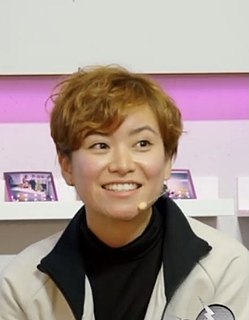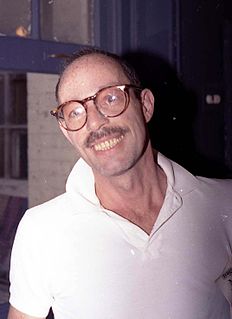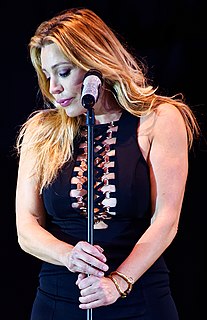A Quote by Emma Donoghue
The film world is far more male-dominated. I mean, the numbers are staggering at the level of how many people on set there are, and almost all the trades in film, there's a lot more men. So I can see without anyone intending to be biased [that] we have kind of a collective choosing of men's stories and a collective of taking men's stories seriously.
Related Quotes
Anyone who is kind to man knows the fragmentariness of most men, and wants to arrange a society of power in which men fall naturally into a collective wholeness, since they cannot have an individual wholeness. In this collective wholeness they will be fulfilled. But if they make efforts at individual fulfilment, they must fail for they are by nature fragmentary.
A whole big, giant world full of men. Men with blue eyes. Brown eyes. Green eyes. And indescribable shades in between. Tall men. Short men. Skinny men. Built men. And all combinations thereof. Nice men (so I've heard, but never really seen). Mean men. Decent men, indecent. And who knows which is the best kind to have, to hold, to love? I'd say, with so many men in the world, it would pay to sample a few. Scratch that. More than a few. Lots and lots. And then a few more. And maybe, after years of research, you might find one worth not throwing back. But hey, the fun is in the fishing.
I realized that many men are happy to play a supporting role to another man, but they are much less happy to play a supporting role to a woman. People are saying we need more females in our industry and we need more female-driven stories, but that takes the men of bankable star quality to come forward and play supporting roles in those films, because ultimately that's what the women have always done. We've always lent our name value to male-centric stories, and now we're going to have to ask the men to swallow their pride, because it seems that it's about pride.
We need more female directors, we also need men to step up and identify with female characters and stories about women. We don't want to create a ghetto where women have to do movies about women. To assume stories about women need to be told by a woman isn't necessarily true, just as stories about men don't need a male director.
Any story dealing, however seriously, with homosexual love is taken to be a story about homosexuality while stories dealing with heterosexual love are seen as stories about the individual people they portray. This is as much a problem today for American filmmakers who cannot conceive of the presence of gay characters in a film unless the specific subject of the film is homosexuality. Lesbians and gay men are thereby classified as purely sexual creatures, people defined solely by their sexual urges.
Who knew what evil lurked in the hearts of men? A copper, that's who. (...)You saw how close men lived to the beast. You realized that people like Carcer were not mad. They were incredibily sane. They were simply men without a shield. They'd looked at the world and realized that all the rules didn't have to apply to them, not if they didn't want them to. They weren't fooled by all the little stories. They shook hands with the beast.







































